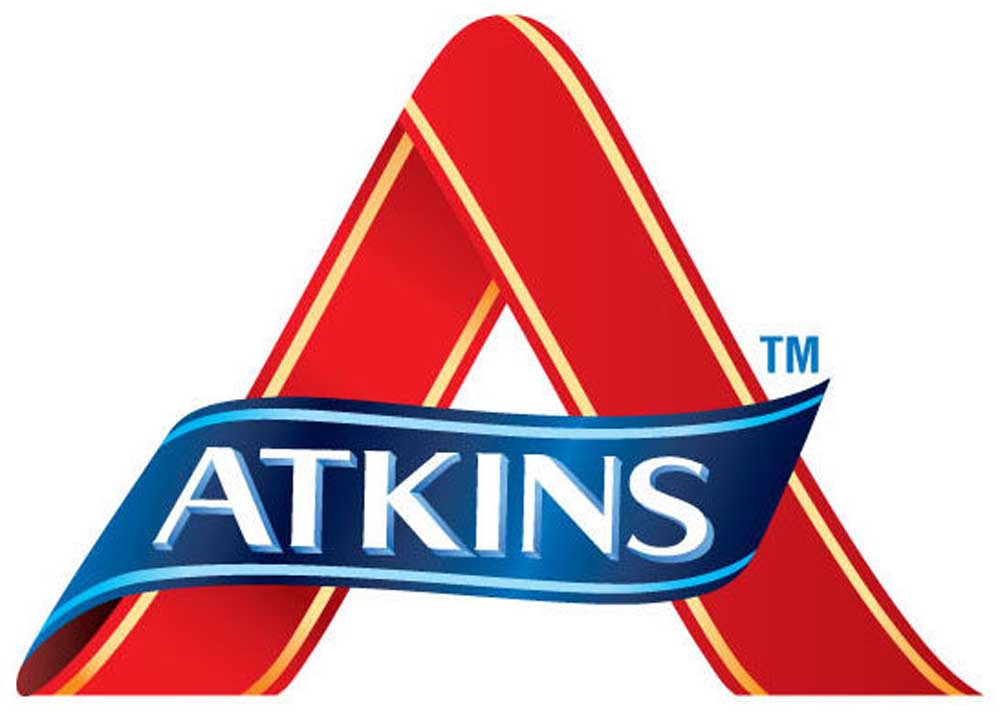Which diet works best?
Published 12:00 am Monday, November 10, 2014

- Which diet works best?
At a time when more than 30 percent of U.S. adults are considered to be obese, losing weight is about much more than vanity. It’s a matter of public health.
With that in mind, a group of researchers in Toronto recently decided to drill down an answer to an important question.
“Everyone wants to know: Of all of these brands that are available, which one is the best? Which one should I follow?” said Bradley Johnston, a scientist with the Hospital for Sick Children Research Institute and lead author on a new study that compares the effectiveness of a handful of weight-loss programs, such as the Atkins Diet and Weight Watchers.
To perform its analysis, Johnston’s team gathered 48 randomized controlled trials that studied 11 diet programs. The study compared the diets by the amount of weight participants lost at six and 12 months after starting the programs. The researchers also separated the programs by their weight-loss mechanisms. Low-carbohydrate diets, for example, included Atkins, South Beach and The Zone. Low-fat diets were Ornish and Rosemary Conley. Another category grouped together diets that fell into neither the low-carb nor the low-fat categories, including Jenny Craig, Nutrisystem and Weight Watchers.
Broadly speaking, the researchers did not find significant differences in weight loss when they compared specific programs, even though people who adopted low-carb or low-fat diets certainly lost more weight than those who didn’t diet at all.
Meanwhile, another study released around the same time by the Duke-National University of Singapore Graduate Medical School studied another element of interest to would-be dieters: Cost-effectiveness. Those researchers found that in terms of cost, Weight Watchers was the least expensive diet, at an average of $377 per year. Jenny Craig, a diet plan in which clients must purchase all of their meals through the program, was the most expensive, with an annual cost of $2,500. After one year, Weight Watchers dieters lost an average of 5 pounds versus an average of 16 pounds with Jenny Craig.
In the end, though, the study concluded Weight Watchers was the more cost-effective option, coming in at an average cost of $155 for every 2.2 pounds lost.
In the end, Johnston and his colleagues concluded, it’s not so much which diet you choose that determines how much weight you’ll lose — it’s how well you adhere to that diet over time.
“It still comes back to the fundamentals that our grandparents or our parents hopefully told us, that to be healthy is to be balanced in terms of diet, exercise and social components in your life, so having good friends and social supports, having an active lifestyle and making good food choices,” he said.
A good rule of thumb when it comes to choosing foods is to eat 80 percent healthy foods and 20 percent not-so-healthy foods.
In other words, it’s more about finding a diet that fits your lifestyle than choosing just the right brand name, Johnston said. Future research should look into how to personalize diets based on lifestyles, he said. But for now, he urges people to choose a diet that’s manageable and will result in slower weight loss over one that’s challenging and results in more weight loss sooner.
“You’re probably better off to follow something that results in slower weight loss but you can tolerate, rather than something that’s really strict and its clearly probably intolerable over the longer,” Johnston said.
{%Ptipsp-5 111014%}
Atkins Diet
What is it? Based on the premise of lowering carbohydrate intake to burn fat more efficiently. Participants must purchase Atkins-brand frozen meals, bars and shakes.
Weight loss: After six months, Atkins dieters lost more weight than any other diet, with an average weight loss of about 22 pounds. After 12 months, Atkins dieters lost about 14 pounds.
Weight Watchers
What is it? Assigns foods points based on nutritional value (protein, fiber, carbohydrates, etc.) and calorie content. Has a database with more than 200,000 foods that dieters can purchase at the store and 4,000 recipes they can make at home.
Weight loss: After six months, Weight Watchers dieters lost an average of 16 pounds. After 12 months, 13 pounds.
{% PTipsp-1 111014%}
Jenny Craig
What is it? Participants work with consultants over the phone or in person to form diet plans and purchase Jenny Craig-brand prepackaged foods.
Weight loss: After six months, dieters lost an average of just under 13 pounds. After 12 months, 14 pounds.
The Zone Diet
What is it? Based on the idea that weight gain is caused by diet-induced inflammation — which increases hunger and encourages the body to store rather than burn fat — this diet promotes its own line of meal-replacement shakes and dietary supplements as part of an anti-inflammatory diet, according to The Zone Diet’s website.
Weight loss: After six months, participants lost an average of just under 19 pounds. After 12 months, 13 pounds.
{% PTipsp-4 111014%}
Volumetrics Diet
What is it? Based on a Penn State University nutritional sciences professor’s research, this diet works by lowering the calories consumed per bite to help people feel more full while eating fewer calories, according to a PSU news release. Breaks food into four categories according to how often they should be consumed, with fruits and nonstarchy vegetables in an “anytime” category and fried foods and candy in a “sparing” category.
Weight loss: After six months, participants lost an average of just under 22 pounds. After 12 months, about 13 pounds.
The Ornish Spectrum
What is it? Foods are arranged into five groups, from the “most healthful” group 1 — things like apples, mushrooms, egg whites — to the “least healthful” group 5 — things like pastries, bacon and butter. Includes strict nutritional rules, such as no more than 24 grams of sugar per day and no more than 10 percent of calories can come from fat, according to the Ornish website.
Weight loss: After six months, participants lost an average of just under 20 pounds. After 12 months, about 14 pounds. •






